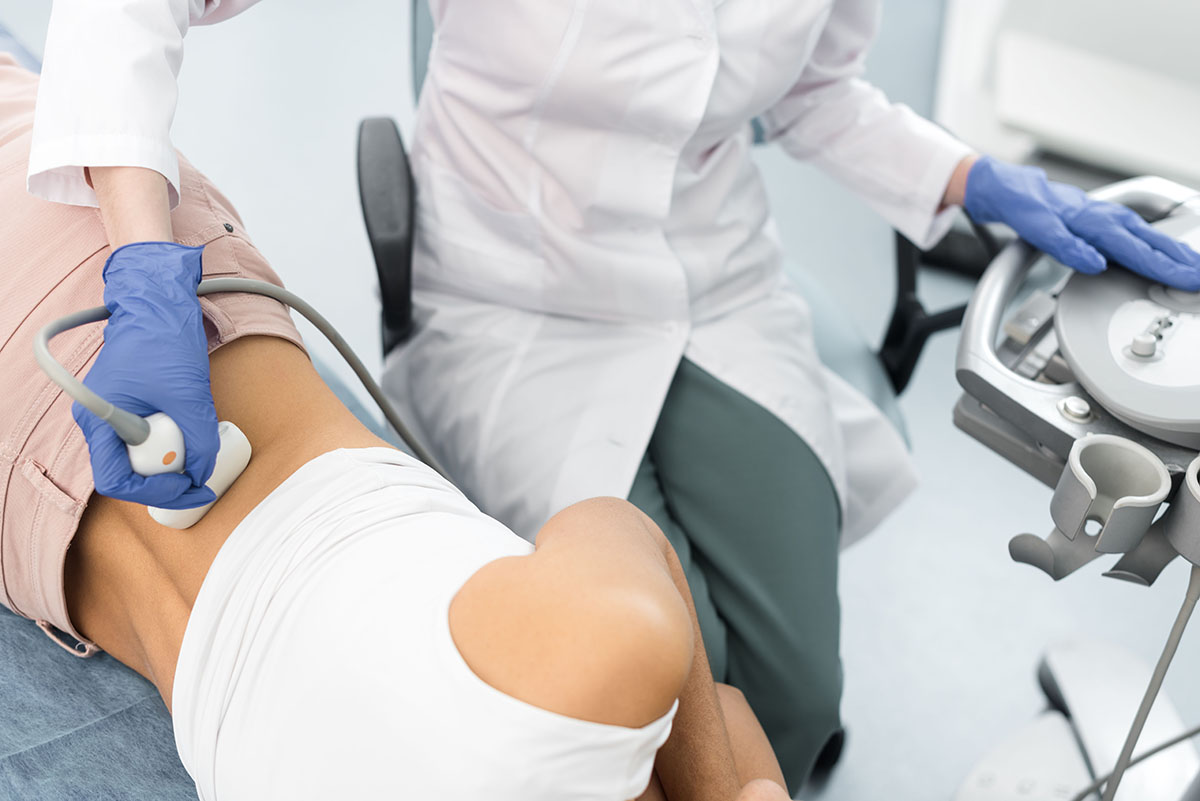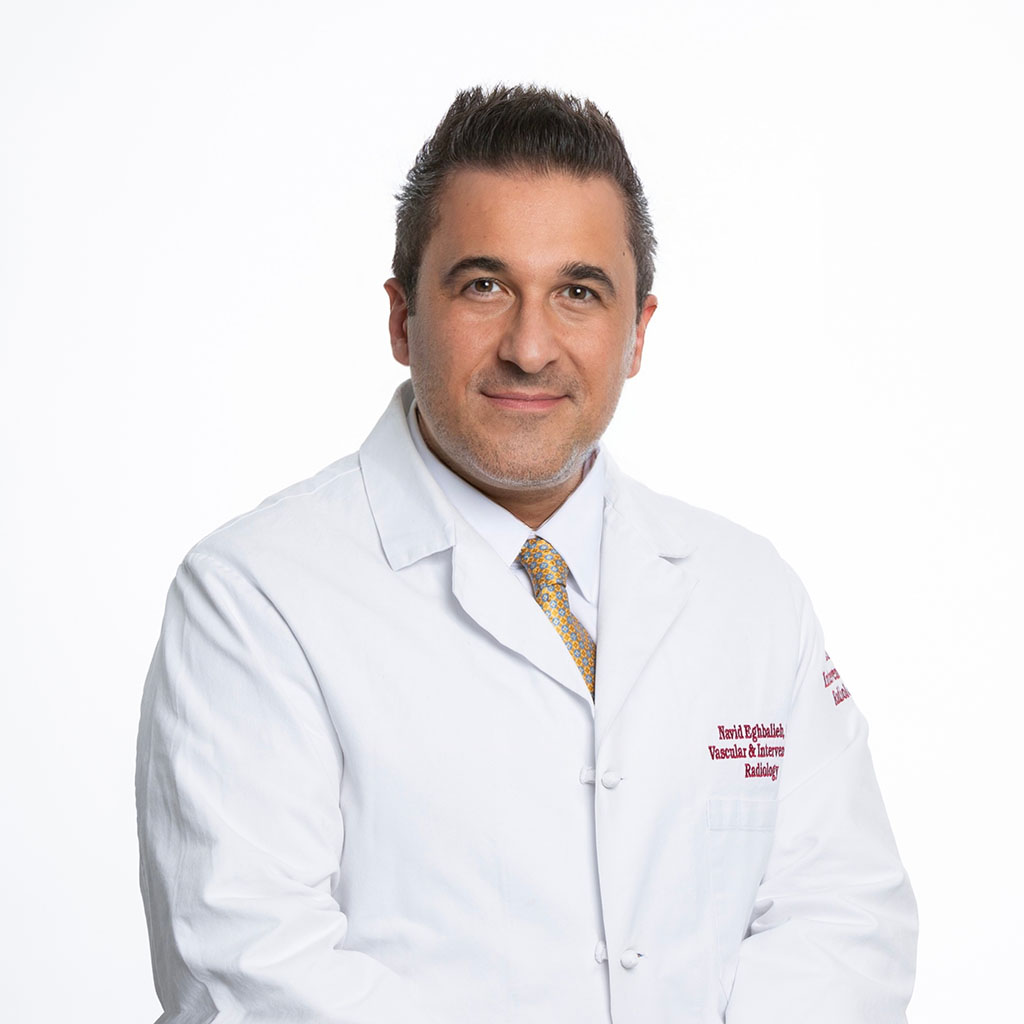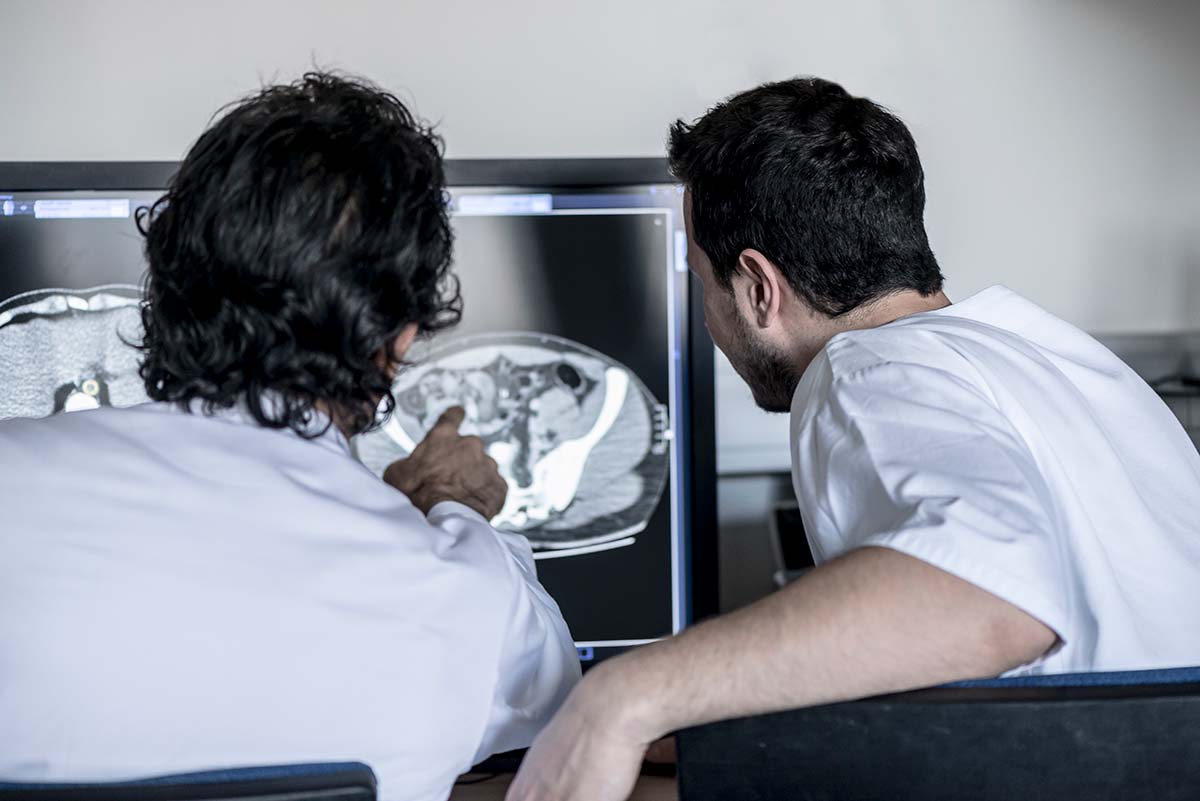What is Kidney Cancer?
Kidney cancer is the abnormal growth of cells in your kidney tissue. In time, these cells form a mass called a tumor. Cancer begins when something triggers a change in the cells, and they divide out of control.
A cancerous or malignant tumor can spread to other tissues and vital organs. When this happens, it’s called metastasis. In adults, renal cell carcinoma is the most common type of kidney cancer.
The incidence of kidney cancer seems to be increasing. One reason for this may be the fact that imaging techniques such as computerized tomography (CT) scans are being used more often. These tests may lead to the accidental discovery of more kidney cancers.
Kidney Cancer Q & A
Risk Factors for Kidney Cancer
Kidney cancer is much less common in children. However, 500 to 600 children are diagnosed with a Wilms tumor (a type of kidney cancer) every year in the United States.
The exact cause of kidney cancer isn’t known, but there are certain risk factors that may increase your chances of getting the disease.
- Smoking: People who smoke are at greater risk for kidney cancer. In addition, the longer a person smokes, the higher the risk.
- Obesity: Obesity is a risk factor for kidney cancer. In general, the more overweight a person is, the higher the risk.
- High blood pressure: Also called hypertension, high blood pressure has been linked to an increased risk of kidney cancer.
- Family history: People who have family members with kidney cancer may have an increased risk of developing cancer themselves.
- Radiation therapy: Women who have been treated with radiation for cancer of their reproductive organs may have a slightly increased risk of developing kidney cancer.
- Gene changes (mutations): Genes contain instructions for a cell’s function. Changes in certain genes can increase the risk of developing kidney cancer.
- Long-term dialysis treatment: Dialysis is the process of cleaning your blood by passing it through a special machine. Dialysis is used when a person’s kidneys aren’t functioning properly.
- Tuberous sclerosis complex: Tuberous sclerosis is a disease that causes seizures and intellectual disabilities, as well as the formation of tumors in many different organs.
- Von Hippel-Lindau disease (VHL): People with this inherited disorder are at greater risk for developing kidney cancer. This disorder causes noncancerous tumors in your blood vessels, typically in your eyes and brain.
Signs and Symptoms of Bone Cancer
- Blood in your pee (hematuria)
- A lump or mass in your kidney area
- Flank pain
- Tiredness
- A general sense of not feeling well
- Loss of appetite
- Weight loss
- Low-grade fever





